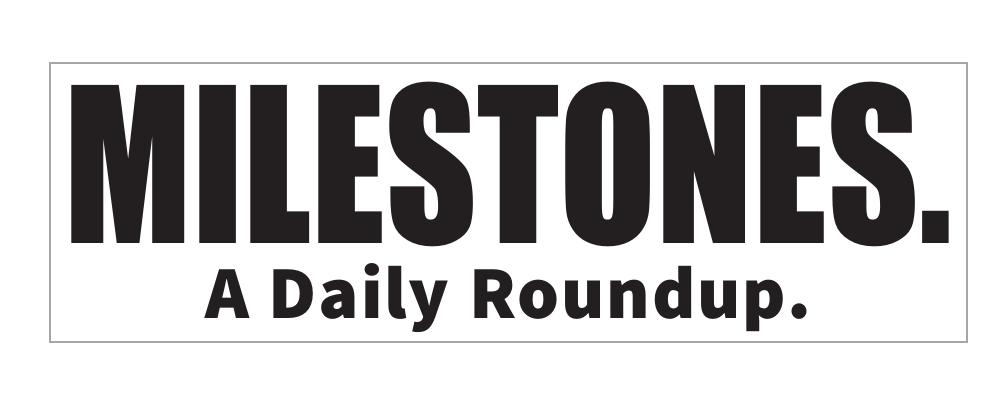Milestones: Wednesday, November 1, 2023

ACCUSED OF IMMORALITY — MICHELANGELO UNVEILED HIS SISTINE CHAPEL TO THE WORLD FOR THE FIRST TIME ON ALL SAINTS DAY, NOV. 1, 1512. Michelangelo painted over three hundred figures, on his back, lying on 60-foot-hifh scaffolding. The paintings and figures were based on the Book of Revelation and the Apocalypse or Last Judgment.Michelangelo depicts the moment when the angels blow the trumpets, Christ resurrects the dead, taking the righteous with him into Paradise and ordering the angels to throw the damned into hell. Michelangelo worked on the Sistine Chapel ceiling for four years, from 1508-1512.
A rather prudish Cardinal Oliviero Carafa accused Michelangelo of immorality and obscenity because he had painted the Biblical male figures true to form, that is, in the nude, with genitals visible. However, Cardinal Carafa died in 1511, before Michelangelo completed his masterpiece.
✰✰✰

Brooklyn Boro
View MoreNew York City’s most populous borough, Brooklyn, is home to nearly 2.6 million residents. If Brooklyn were an independent city it would be the fourth largest city in the United States. While Brooklyn has become the epitome of ‘cool and hip’ in recent years, for those that were born here, raised families here and improved communities over the years, Brooklyn has never been ‘uncool’.